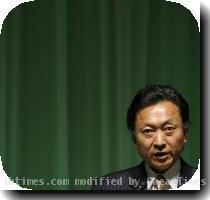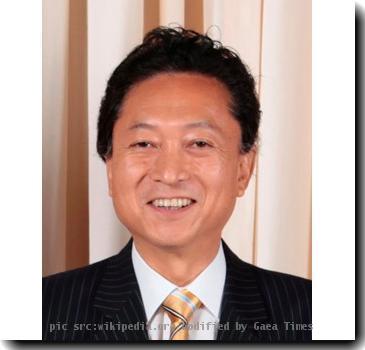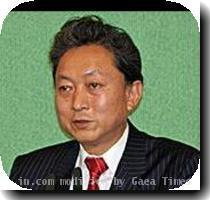Russian experts review results of probe on ship sinking blamed on NKorea; war drills in South
By Hyung-jin Kim, APMonday, May 31, 2010
Russia studies sinking probe; war drills in South
SEOUL, South Korea — South Korea broadened efforts Monday to convince the world and its own public that North Korea sank one of its warships, sharing evidence with Russian torpedo experts and preparing a special briefing for influential bloggers and Twitter personalities.
The persuasion campaign coincided with military exercises in which thousands of South Korean troops practiced fending off an attack from the North near the rivals’ tense border. The drill, which the army said was routine and unrelated to the ship attack, involved building and defending pontoon bridges that scores of tanks used to cross a river as helicopters buzzed overhead.
The South is lobbying for support for U.N. action against the North, blamed for torpedoing the Cheonan warship and killing 46 sailors in March. Winning Moscow’s backing would be vital because Russia is a veto-holding permanent Security Council member and a traditional ally of North Korea, which denies attacking the ship.
The Russian team — including torpedo and submarine experts — arrived Monday and received a briefing on the Cheonan probe, conducted by a multinational group of investigators. They were scheduled to examine the wreckage and visit the site of the alleged attack before finishing their report June 7, said a Defense Ministry official on condition of anonymity, citing department policy.
Konstantin Vnukov, Russia’s ambassador to South Korea, said, “We are sending the experts to find out what exactly happened, who has to take responsibility and who did it.”
Foreign Ministry spokesman Kim Young-sun told reporters, “We are expecting to see a frank and deep exchange of views between our group of experts about our investigation results.”
If the Russians endorse the findings, it could be key to getting Beijing to support South Korea’s bid for sanctions. China is another longtime North Korean ally and permanent council member.
The South Koreans shared the investigation’s findings with Chinese Premier Wen Jiabao last weekend before a summit, but Beijing has yet to blame North Korea or support any potential U.N. action against its longtime ally.
On Monday, Wen met with Japanese Prime Minister Yukio Hatoyama, who said Tokyo strongly supports Seoul’s plans to bring North Korea before the U.N. Security Council for sanctions or condemnation.
South Korea was also trying to convince skeptics at home that its Cheonan investigation was correct. The Defense Ministry said Monday that it will invite 70 Twitter users, bloggers and university students to view the wreckage for themselves — the first time ordinary citizens will be allowed to inspect the ship’s remains.
In South Korea’s high-tech society, the new media users have developed an influential voice.
A small group of pro-North Korean protesters gathered in central Seoul to protest the Cheonan probe. They held a large sign said, “We want the truth of the investigation report.”
Protester Cho Joon-gyu, 32, social activist, said the government hasn’t shown enough evidence. “Nothing they say is clear enough,” Cho said. “And they are creating this anti-North Korea sentiment.”
Nearby, another small rally was held by anti-North Korean protesters. They carried signs saying, “Punish those who spread false rumors.”
The event’s organizer, Jeon Oh-hyun, said, “What we want is an official apology from North Korea.”
______
Associated Press writer Claire Lee in Seoul and Shino Yuasa in Tokyo contributed to this report.
Tags: Accidents, Asia, Beijing, China, East Asia, Eastern Europe, Europe, Greater China, Japan, North Korea, Protests And Demonstrations, Russia, Seoul, South Korea, Tokyo, Transportation, Yukio Hatoyama


